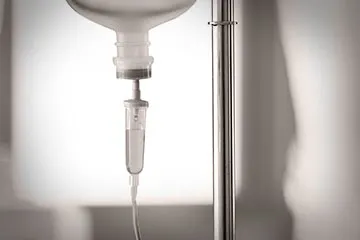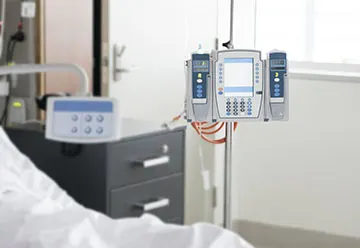Why You Should Consider Outsourcing Your Hospital's Biomedical Services

By Ibby Smith Stofer
Imagine that you have just come home with plans to fix your noisy refrigerator that is not cooling correctly. You are then greeted by your 7-year-old who informs you that Mom is in a bad mood. You ask why and are told that not only is the TV not working, but the washing machine died with a full load of sopping wet clothes.









